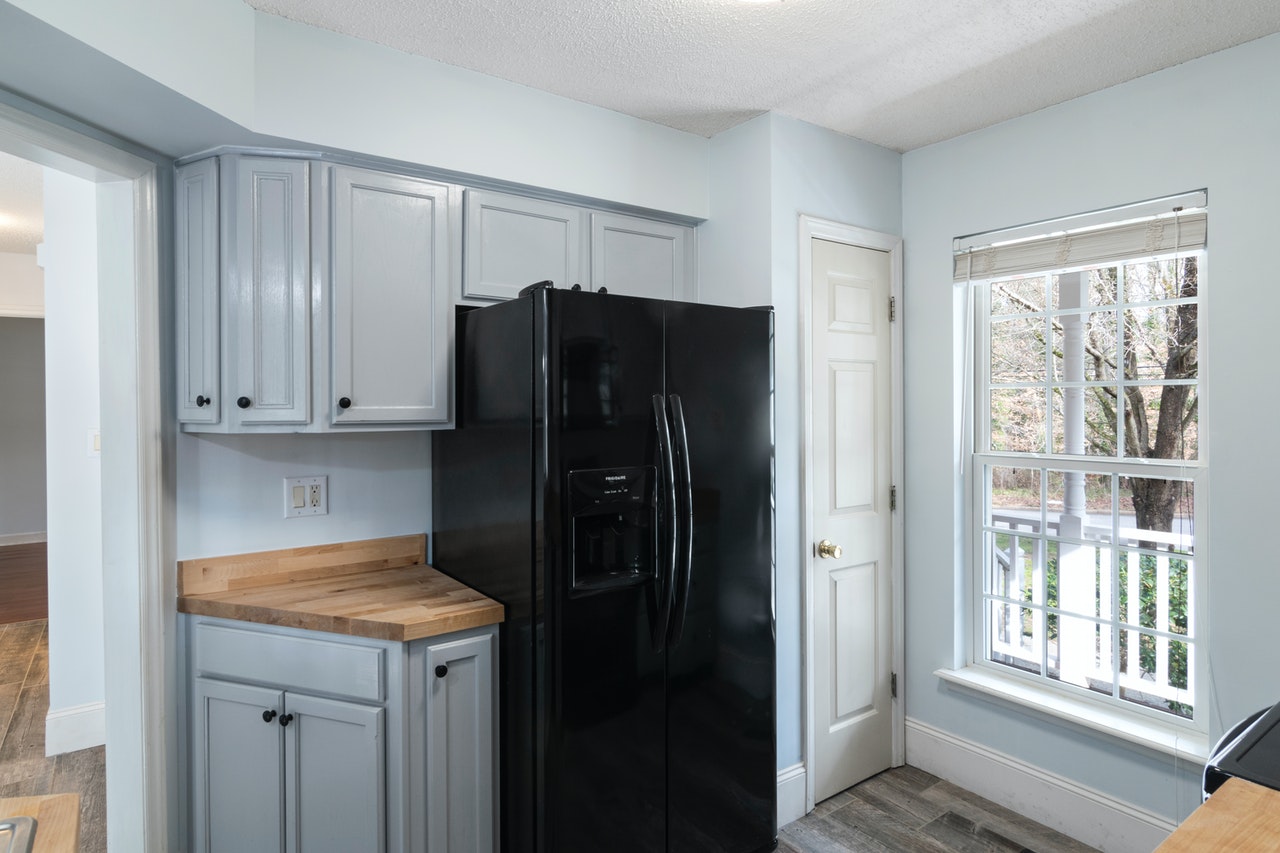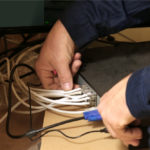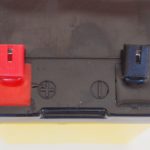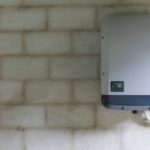Want to know how much solar power it takes to run a refrigerator? Want to ensure that your solar panels power supply is cost-effective and equally efficient? Read on to discover how much power is needed to run a refrigerator.
After you have installed a solar panel system, you may be wondering whether utilizing solar power as opposed to traditional forms of electricity will prove to be more cost effective.
As your electricity bill forms a large part of your everyday expenditure, you are likely to have a strong awareness of where your money is going and thus, you may have questions with regards to the solar power consumption of each household appliance.
A refrigerator is a necessity within any modern household and so it’s necessary to work out its energy consumption in order to budget the solar power of your solar panels appropriately and work out its cost-efficiency.
The average refrigerator will require three-four solar panels in order to run effectively. These panels are typically rated to produce watts that range from 1 KW to 4 KW.
There are numerous different types of refrigerators that also require a differing amount of solar power so you should have an awareness of what specific type of refrigerator you own as this will be indicative of how much time you will need it to be operating for.
For instance, If you are working from home and visiting the fridge regularly, you will require more power than if you are away for most of the day.
How To Calculate The Energy Requirements Of Your Specific Refrigerator?
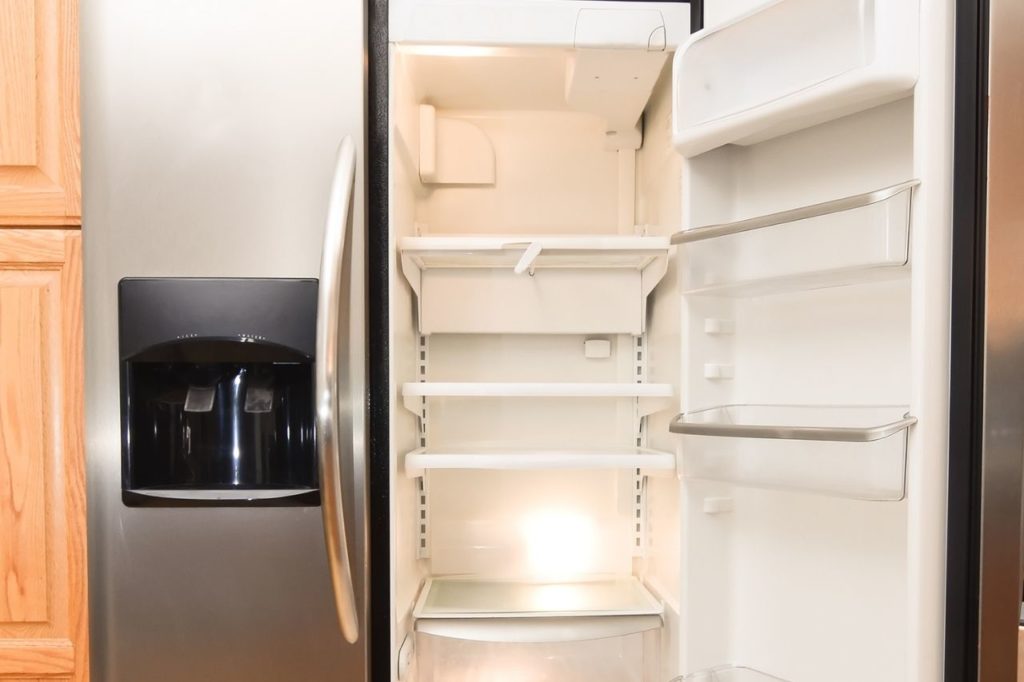
As mentioned, different household appliances will require differing amounts of power in order to operate efficiently. Using them will therefore cost a distinctive amount of money and bills are one of the most pressing issues for the majority of solar power users.
Unlike light supplies, refrigerators will use a large amount of solar energy to work efficiently and this consumption will vary in accordance to how much food is in your fridge and what kind of refrigerator you own.
Therefore, to work out how much solar power you will need to run your refrigerator, you need to calculate how much energy your specific refrigerator needs. You can do this by using the following methods:
Analyzing the energy rating label on a sign attached to the door of your fridge. The information will be listed in kWh and depending on the number provided, you will obtain an understanding of the running watts of your refrigerator.
If the annual energy rating is 365 kWh, you can then divide 365 days by the watts and the result will be 1 kWh per day. You can then divide this by an hourly measurement which equates to 0.042 kWh per 24 hour period.
Alternatively, you can use an indirect method in order to calculate the power used by your specific refrigerator and this is especially useful if you are unable to locate the aforementioned sign.
Instead, locate the quoted power rating that is usually located besides the serial number on the fridge. This will be listed in watts also. Calculating using this method will help to ensure that you are making the most out of the power generated by your solar generators.
If you only need your refrigerator to run for a certain amount of hours per day, then you can find the final output value by multiplying the hours by the daily wattage. This value will enable you to determine how large a refrigerator you actually need and also how many solar panels will be required in order to run your refrigerator efficiently.
If you work away from home a lot, then you can opt for a smaller refrigerator and therefore use less solar panels. Conversely, if you are always at home, then you should purchase more solar panels and a large refrigerator.
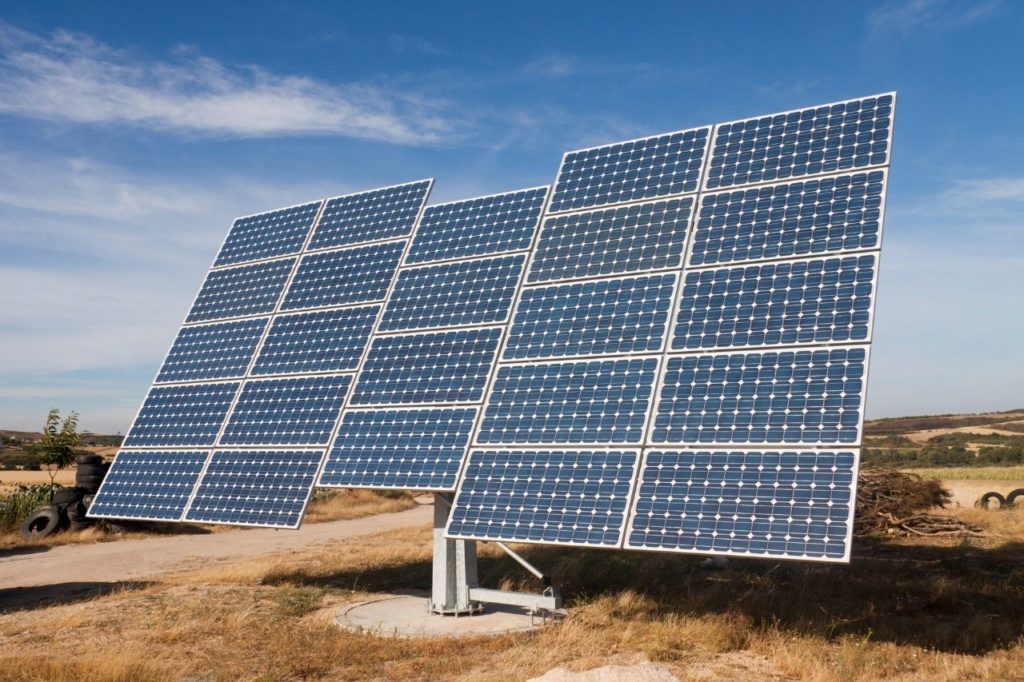
It is worth bearing in mind that solar panels will only operate efficiently when there is sunlight which means that your refrigerator can only be fully activated during the daytime. When it comes to the nighttime and darker winter months, you can install a battery that stores an appropriate amount of power so that your refrigerator can operate effectively during the nighttime.
You should ensure that your battery capacity can handle the power supply that is required to run your refrigerator for an entire night. There are batteries with a wide range of voltages from 12v, 24v and 48v for different applications. For a refrigerator, you should choose a 12V battery for night time use.
You should also have an awareness of the battery amp-hours as this indicates the overall capacity of the battery and provides the necessary amount of amperes for your refrigerator supply to be charged up. For example, if your refrigerator runs at 300 watts, then you can calculate the sum of watts per day by multiplying 300 watts by 24 which equals 7200.
You can then work out the total amperes by using this method: 7200Wh divided by 12V = 600Ah. Therefore you will need to purchase a 12V, 600Ah battery but when considering your batteries power and tolerance, you can times it by 2 in order to increase its overall efficiency.
Conclusion
To conclude, to operate a refrigerator using solar power, you will need to decide how many solar panels are required in order to operate your specific model of refrigerator. The best kind of solar panels will produce approximately 30kWh power during a monthly period.
You will also need to find out the average running watts of your refrigerator and divide the total wattage over a month by the power of your solar panels and this will tell you how many individual solar panels you will be required to install.
Although working out how many solar panels you will need to run your refrigerator is not the simplest of tasks, an in-depth analysis and accurate calculations will ensure that you are saving money and energy.
If you are in any doubt, then you should consult with an expert, however, doing your own research will inherently enable you to make accurate and precise calculations with regards to specifications and have the utmost satisfaction with regards to your solar power system.
If you do not have time to make these calculations yourself then purchasing a specifically solar-powered refrigerator is your best option.

